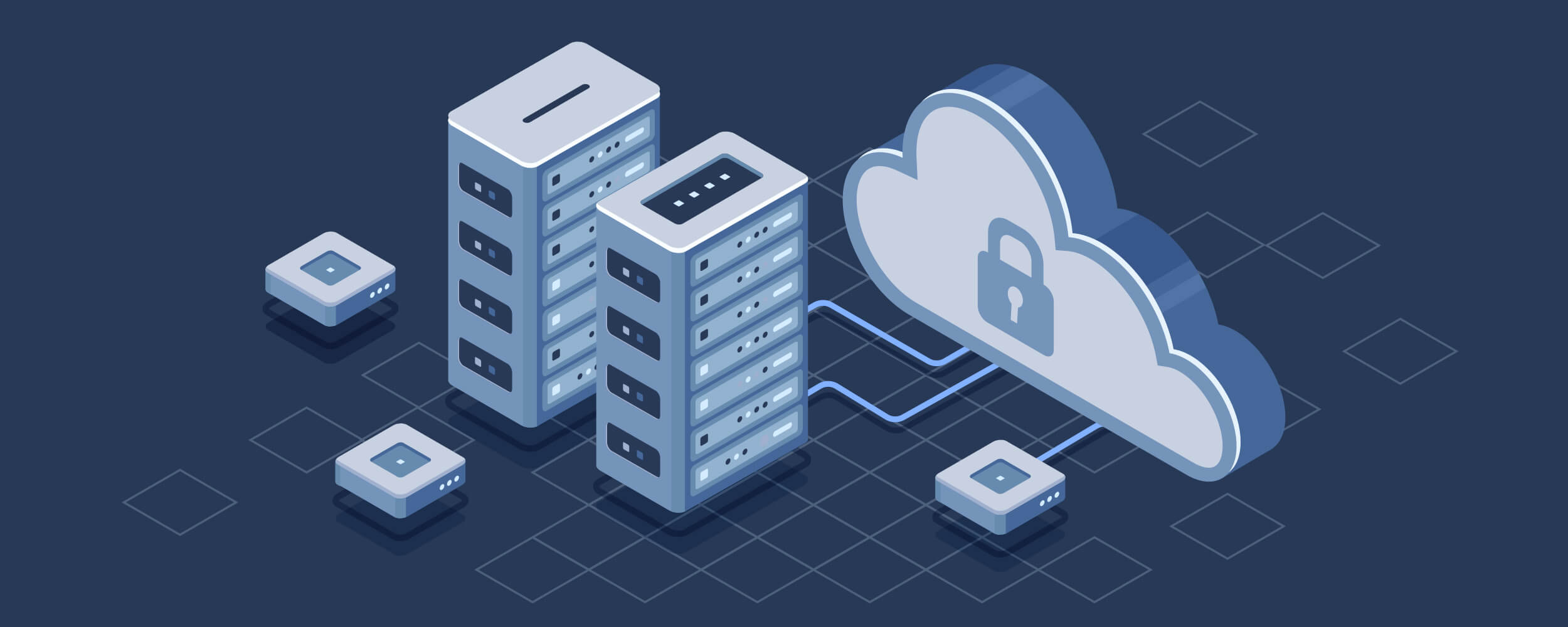Do I need DDI for the Cloud?

Timothy Rooney
23. Nov. 2022

As an extension or as the full extent of your enterprise infrastructure, ubiquitous accessibility to compute, database, and application resources in the cloud is imperative. Such accessibility implies network access, albeit with appropriate access controls, for your users to access the cloud services and applications they require.
Clouds Need IP Addresses Too
Foundational to cloud access is IP addressing. Clients need IP addresses and servers running applications need IP addresses. Clients can obtain IP addresses from network DHCP servers, which assign each client an IP address relevant to its current location, and application servers in the cloud require IP addresses relevant to their virtual private cloud region. Each region within which you have infrastructure needs a block of IP addresses, from which subnets can be allocated, from which individual IP addresses for virtual infrastructure can be instantiated and assigned. From a cloud administrator’s perspective, it’s clear that IP address space needs to be organized and assigned hierarchically. As subnet IP addresses are consumed, additional subnets may be provisioned to expand the IP address capacity for a given region.
AWS Recognized the Need for IPAM
Depending on the breadth of your cloud infrastructure, tracking your IP address spaces, allocated subnets, and assigned IP addresses could quickly grow unwieldy. AWS recognized this potential network management morass (and opportunity) and responded with its own IP address management (IPAM) service. This service offers AWS administrators the following benefits:
- Organize IP address space in accordance with routing and security domains
- Simplify subnet allocations and assignment
- Automate IP address assignments during instantiations
- Monitor IP address space utilization and IP address occupancy
The AWS IPAM service can help cloud administrators organize and manage their IP address assignments. But it doesn’t go far enough. On top of IP address assignments, application servers need to be reachable by name like myapp.mycompany.com, because who can be expected to remember a server’s IP address? You’ll need to provision domain name servers (DNS) to map application names to corresponding IP addresses. As you instantiate an application server, you’ll need to provision its IP address then provision DNS with its user-friendly name and assigned IP address. In addition, if you’re deployed with multiple cloud providers, or if you have any traditional LAN/WAN/SDWAN or remote office address space to manage, the AWS IPAM solution provides only a partial solution.
Enterprise DHCP-DNS-IPAM
But you can use our comprehensive DHCP-DNS-IPAM (DDI) solution to address these shortcomings. The Diamond IP product and services portfolio from Cygna Labs empowers your cloud and IT administrators to manage IP address space and DNS across individual cloud and non-cloud domains holistically (or separately if preferred). Our solutions provide a single source of truth for your IP address space and associated DNS and DHCP configurations across your entire enterprise. They also enable you to proactively manage IP address capacity through data collection and discovery. In fact, our solutions support all the AWS IPAM benefits above, plus the following:
- Manage address space across regions, accounts, cloud providers, and enterprise locations
- Provision DNS assignments to provide user reachability upon instantiation
- Automate multi-cloud provisioning of IP and DNS information with cloud orchestration integrations
- Provision DHCP servers terrestrially or in the cloud to manage and track IP address assignments, or leverage automation APIs
- Cloud instantiable DNS and IPAM appliance virtual machines for AWS, Azure, GCP, Oracle Cloud, VMware, KVM, Hyper-V, and others accelerate deployment of these core services with additional security features built-in such as DNS tunneling mitigation and DNS firewalling.
If you’re administering a modest to large cloud deployment with a single cloud provider or multiple providers, use of a scalable, holistic DDI solution like Diamond IP can simplify the otherwise tedious task of assigning IP addresses, subnets, and DNS information, while centrally tracking this critical information in a consistent repository.